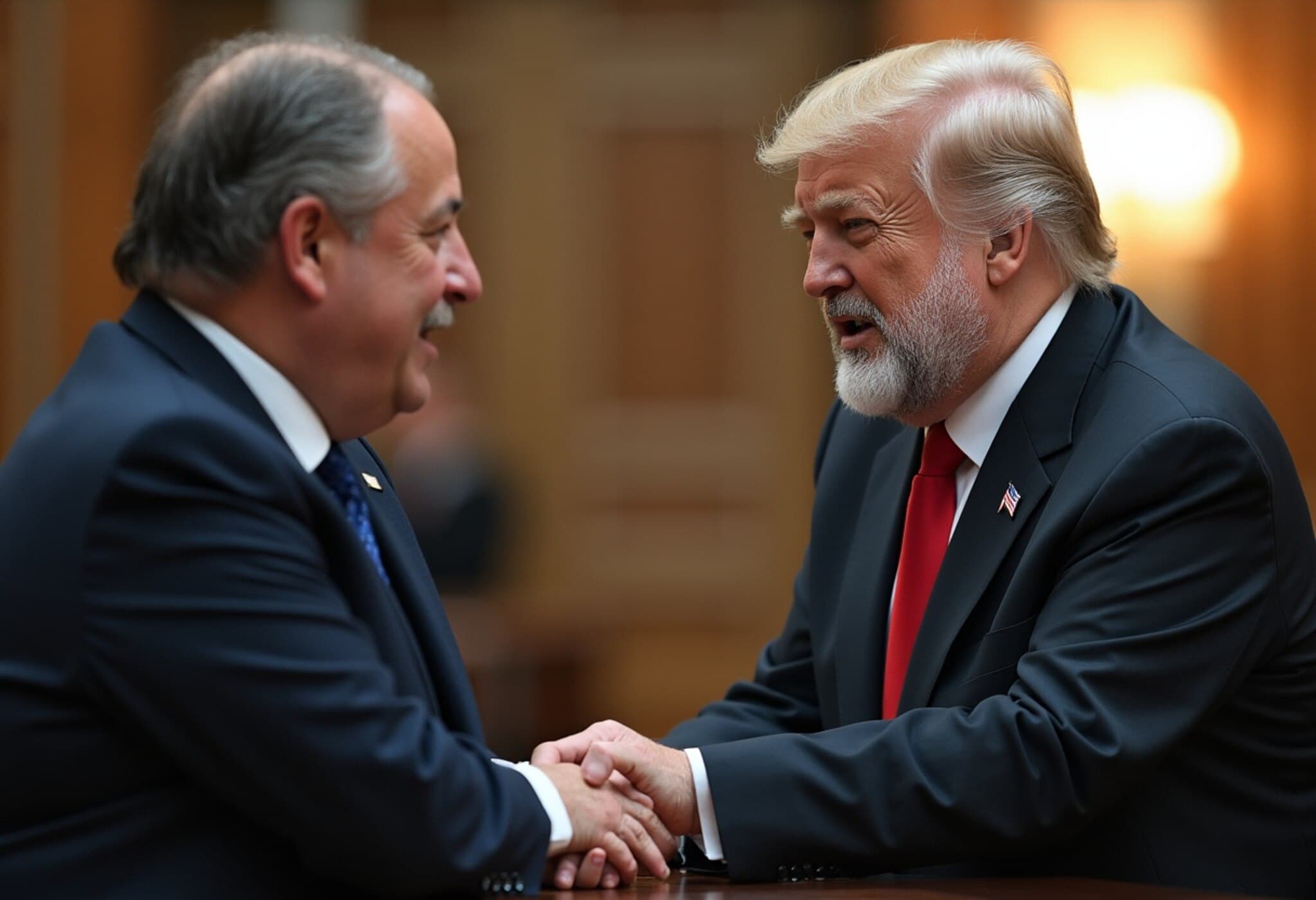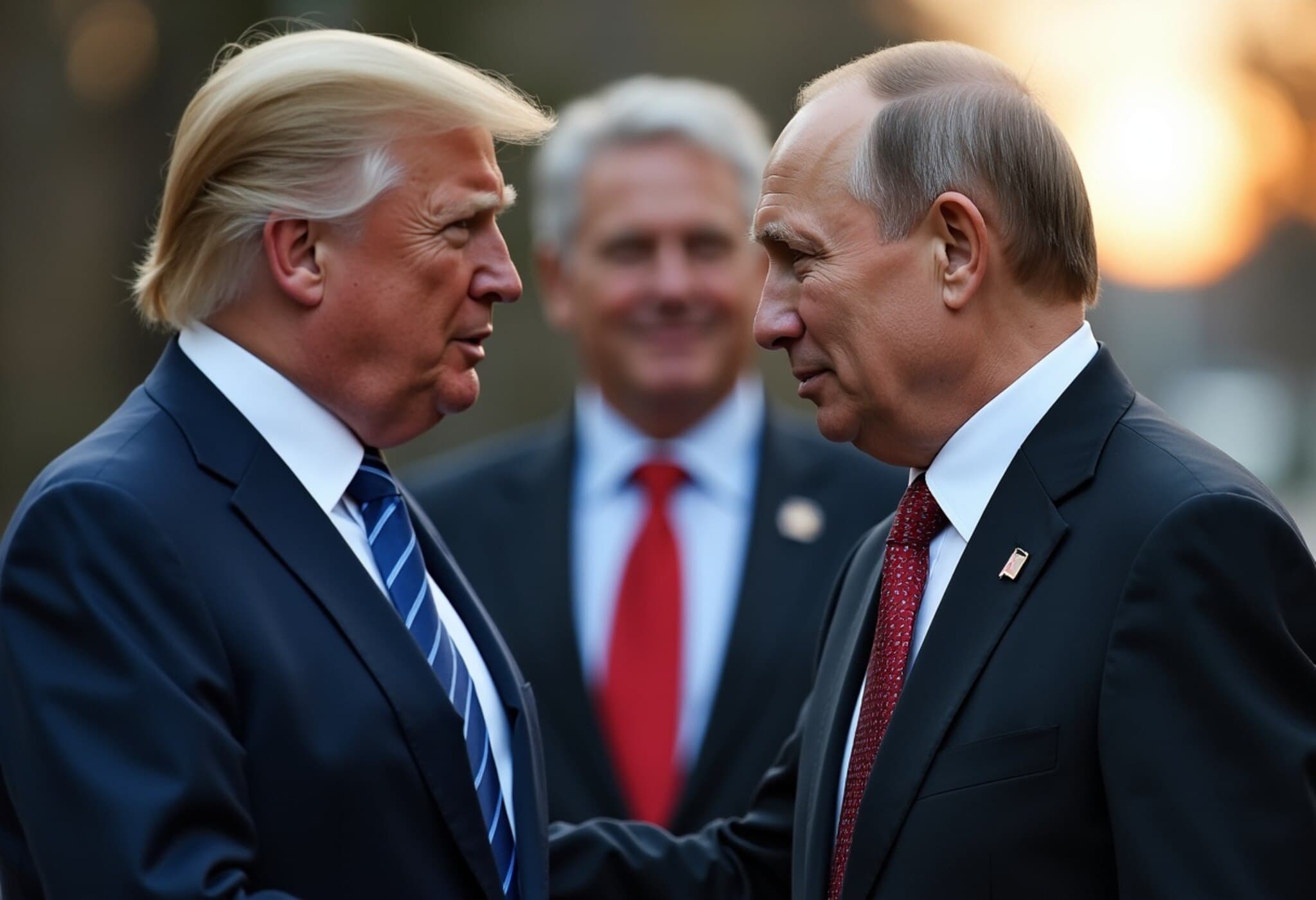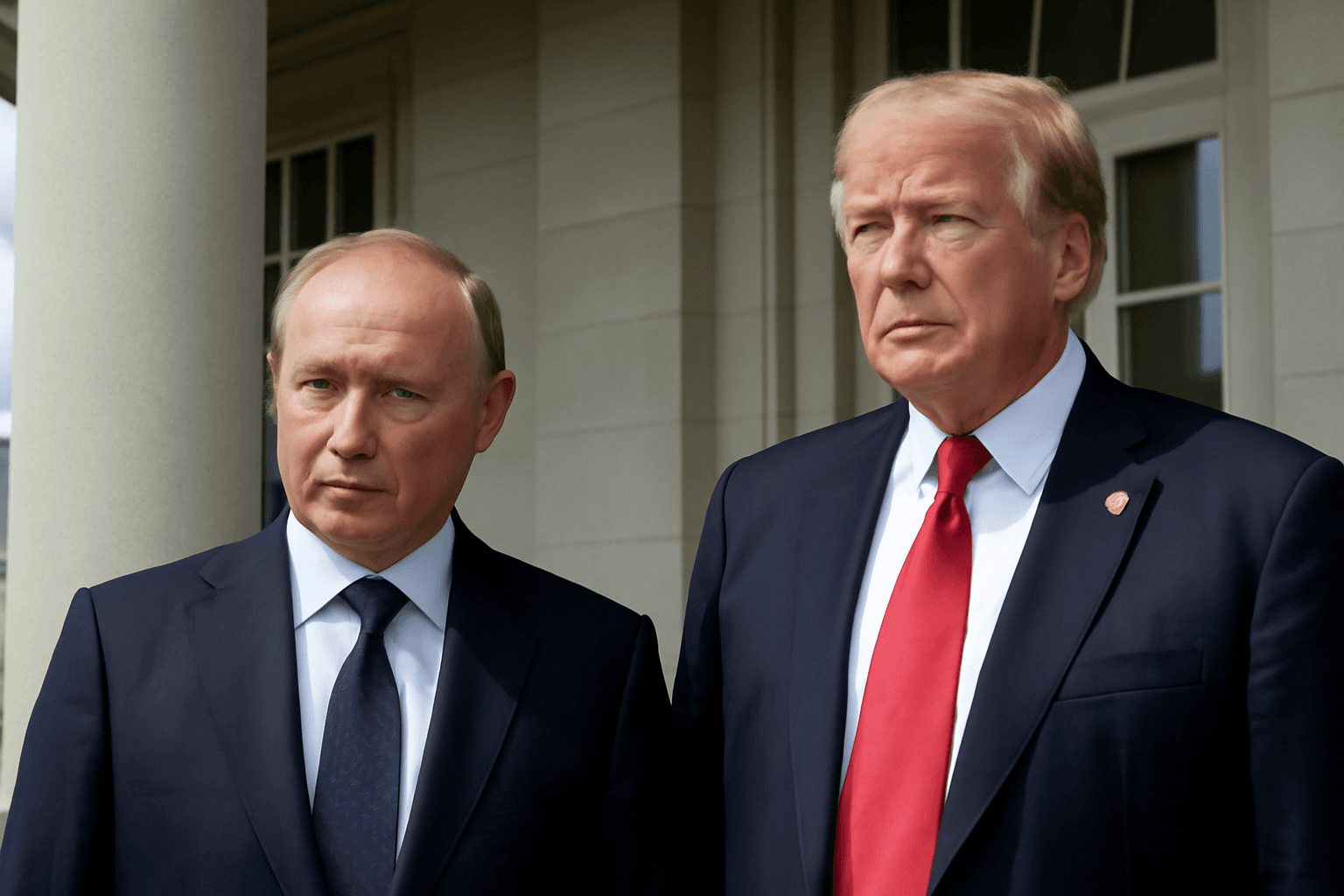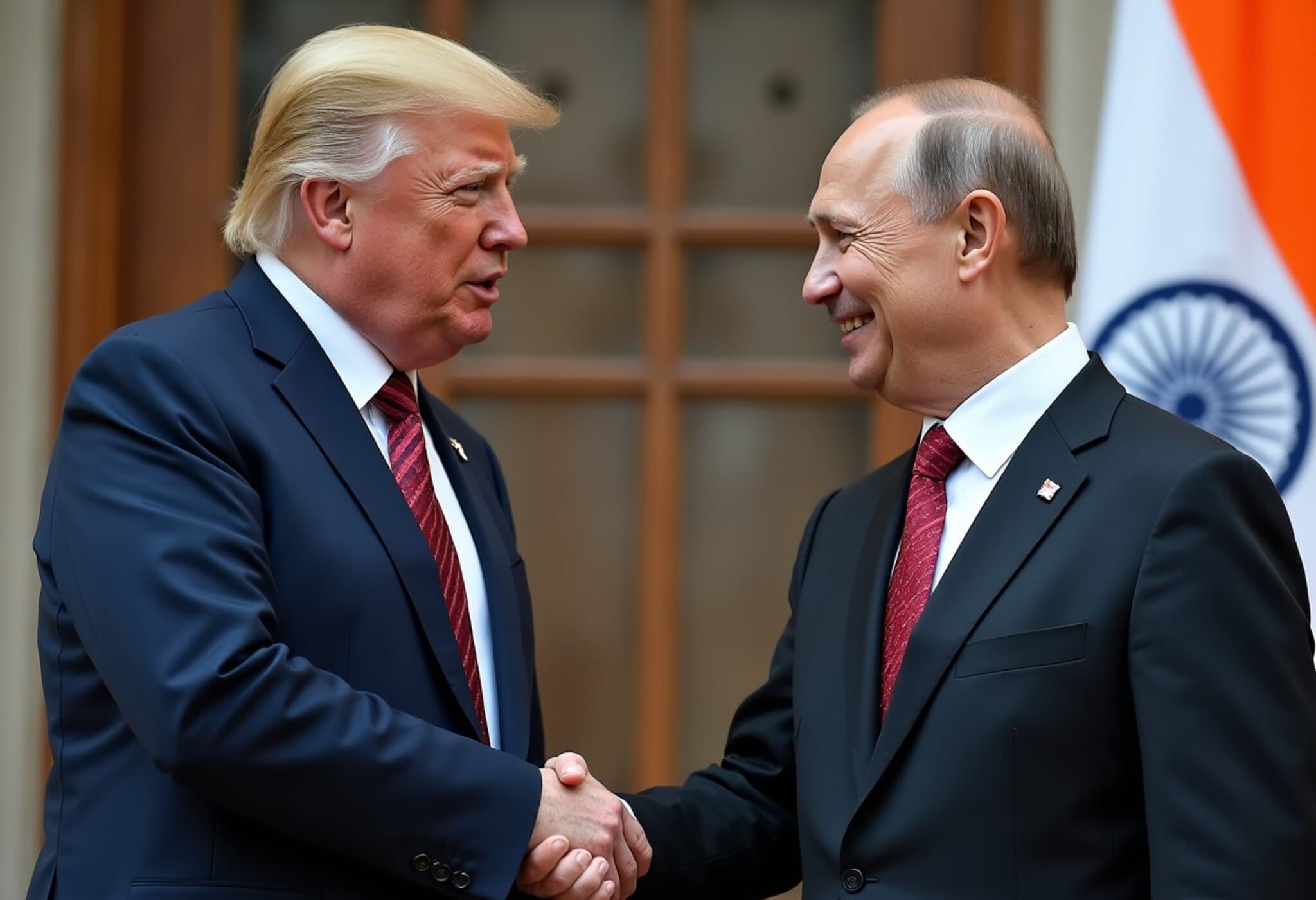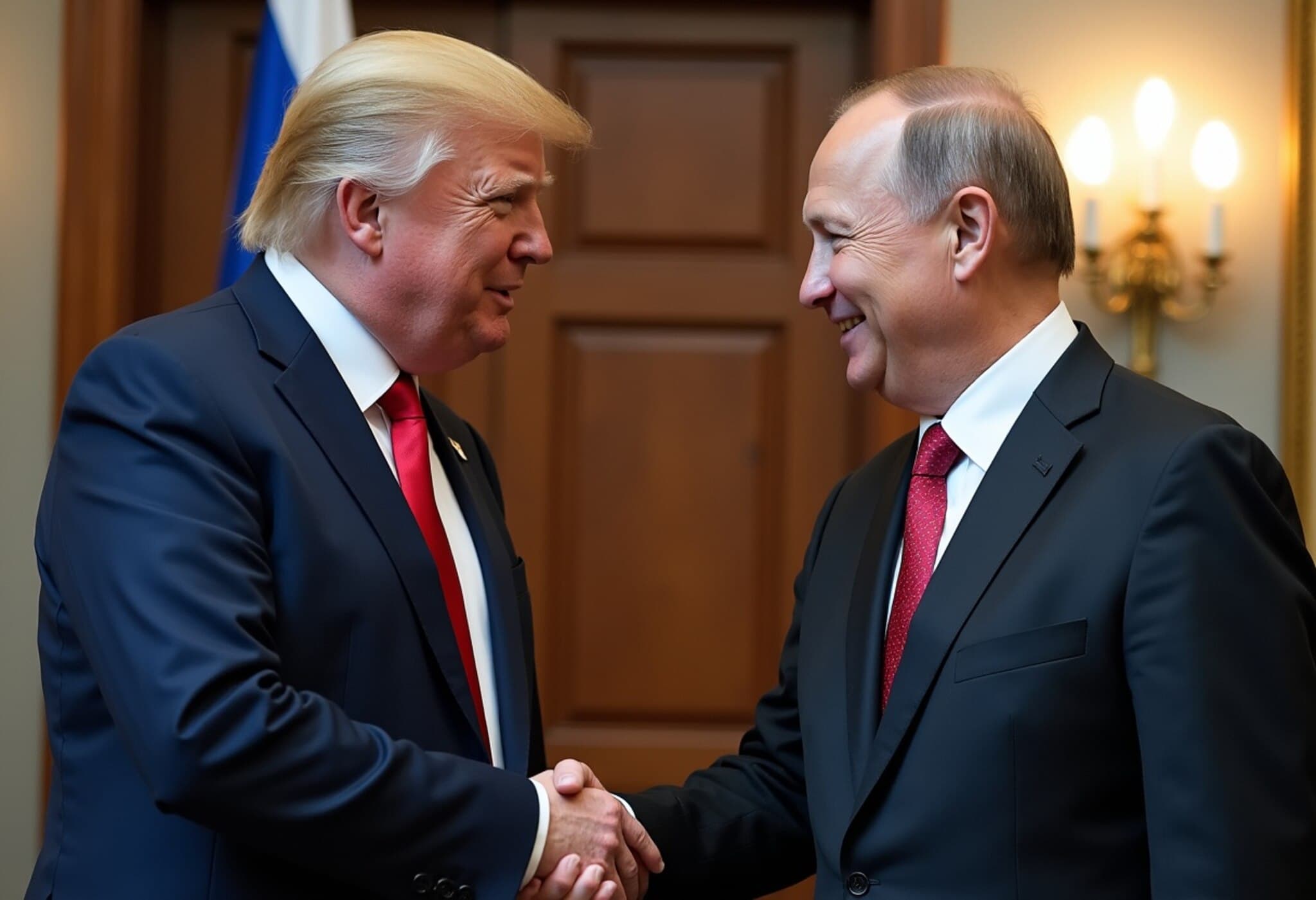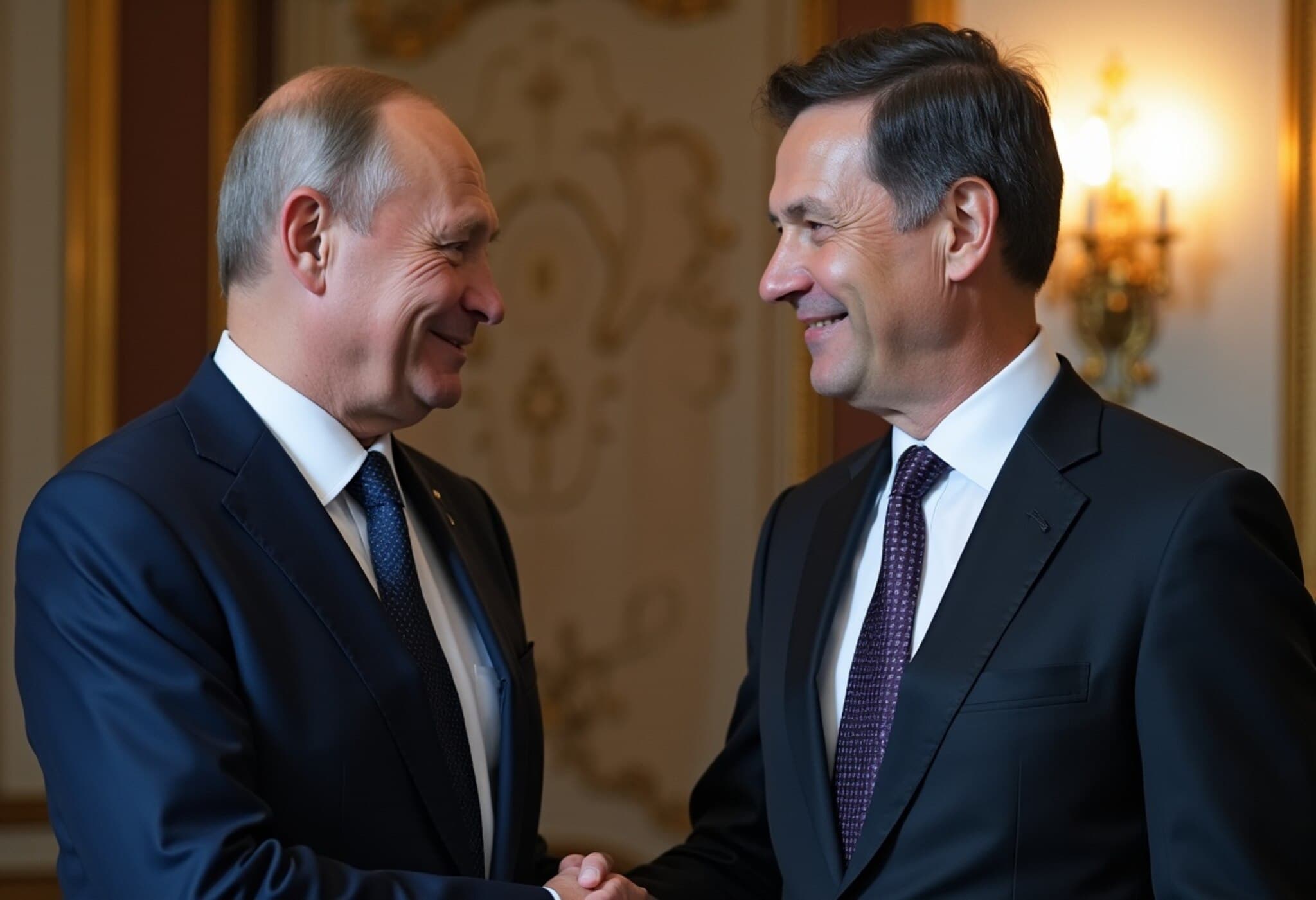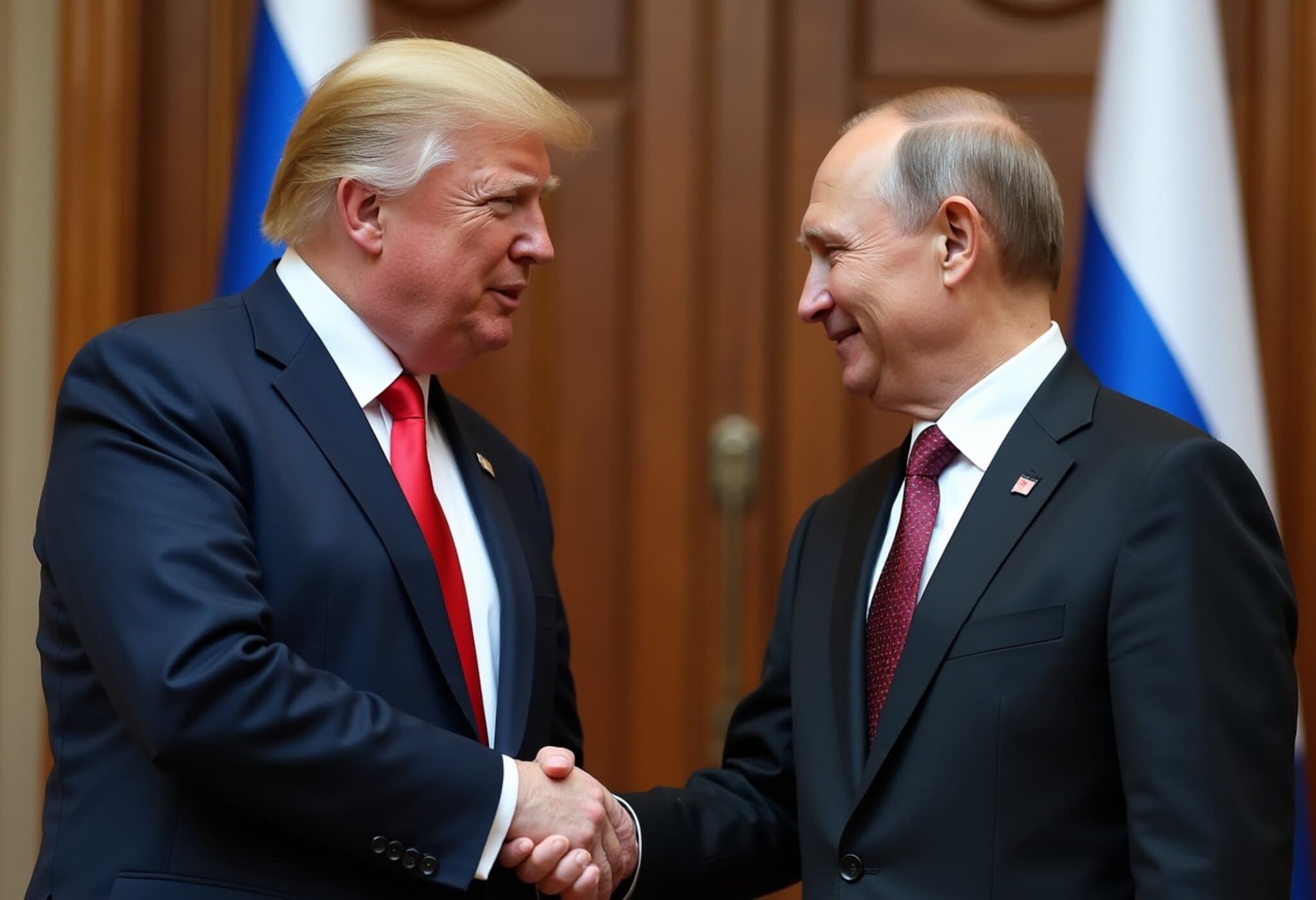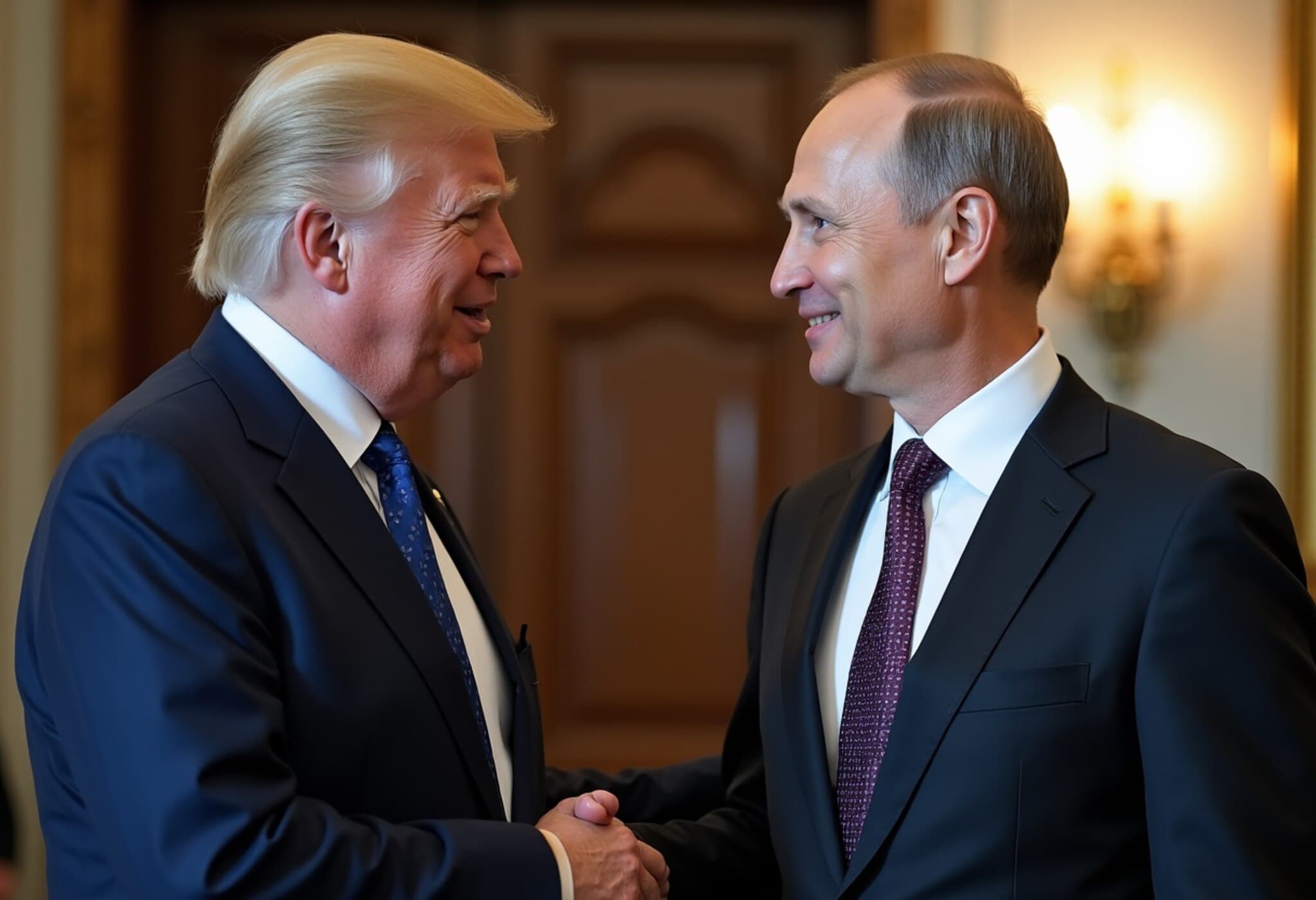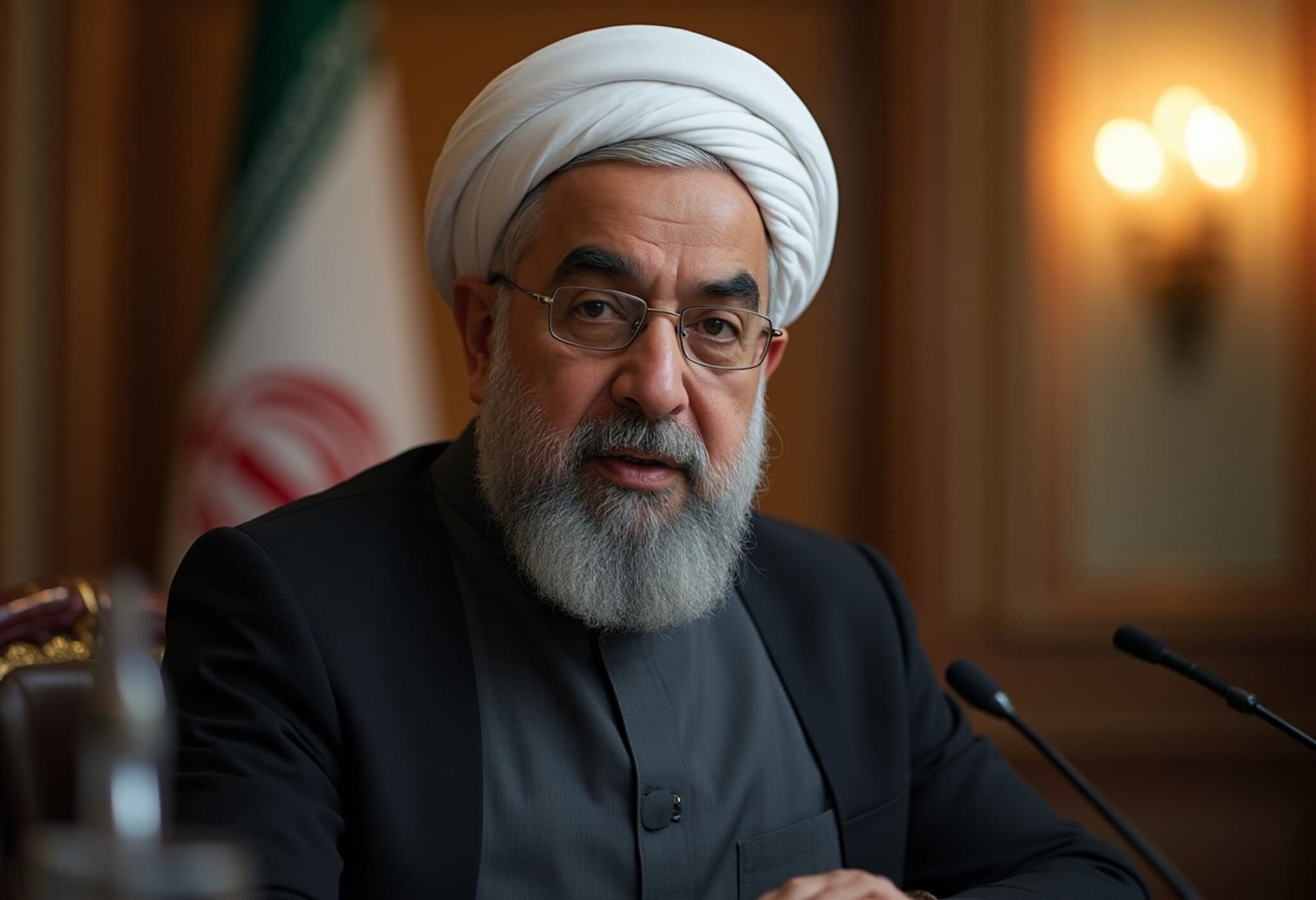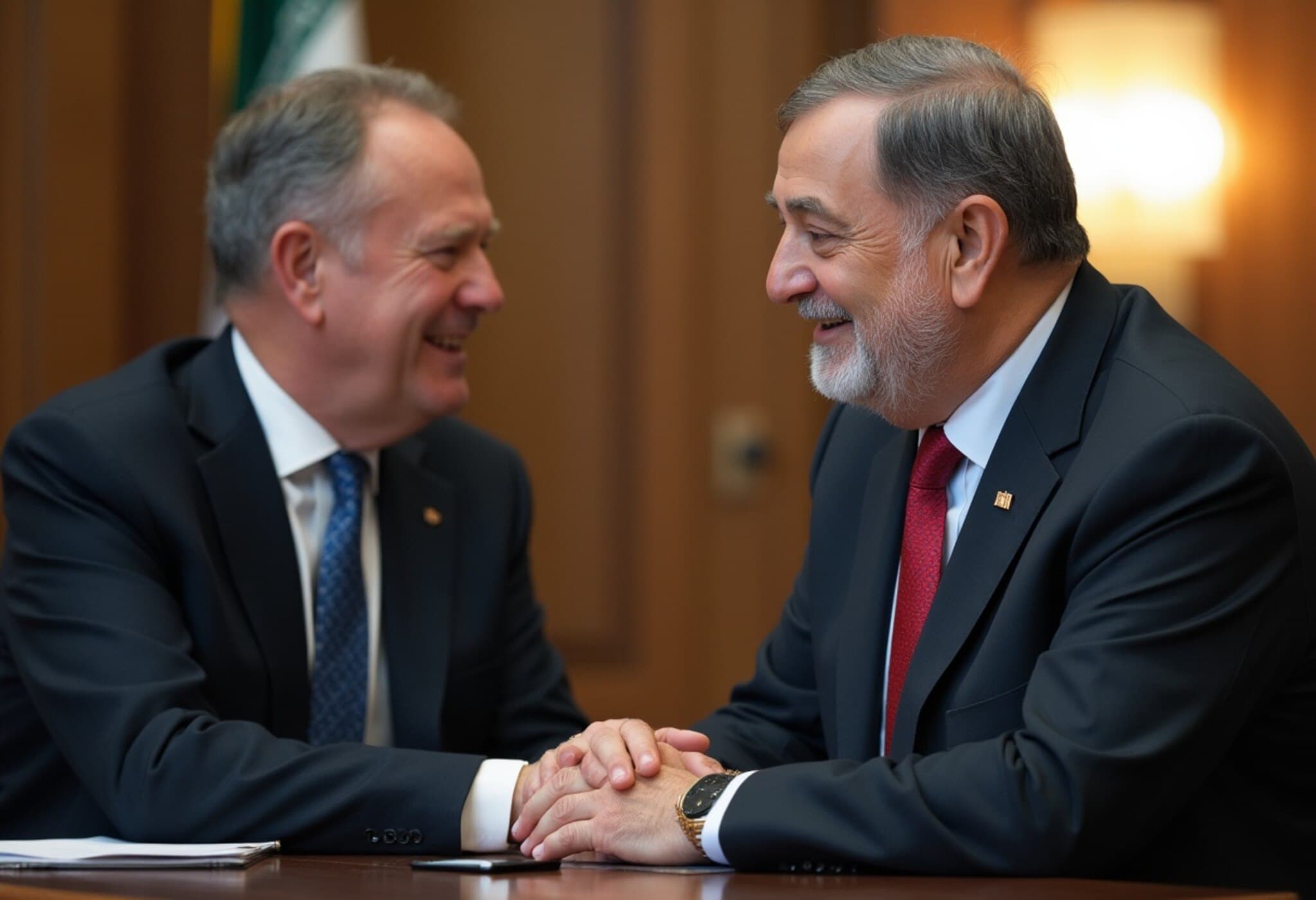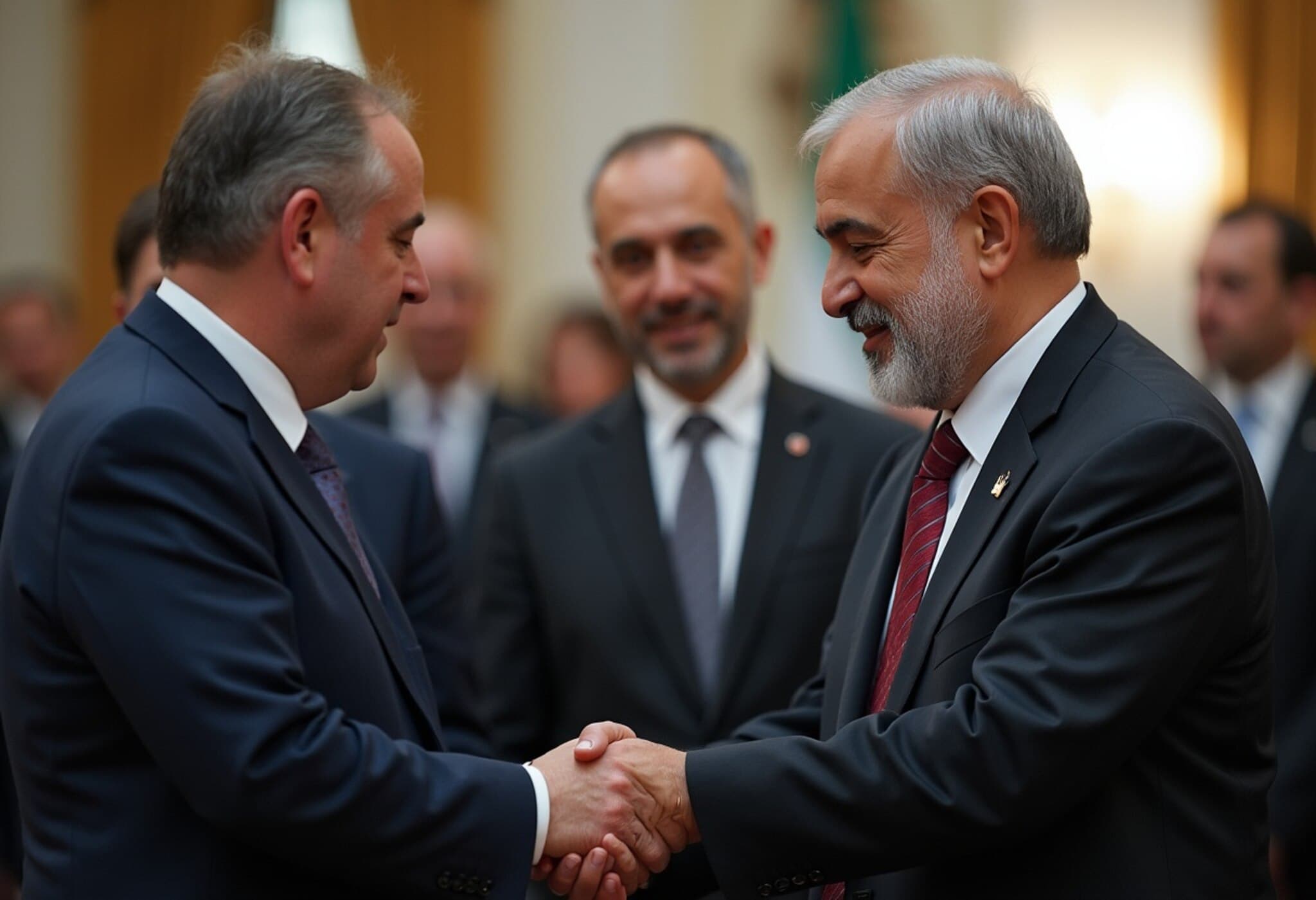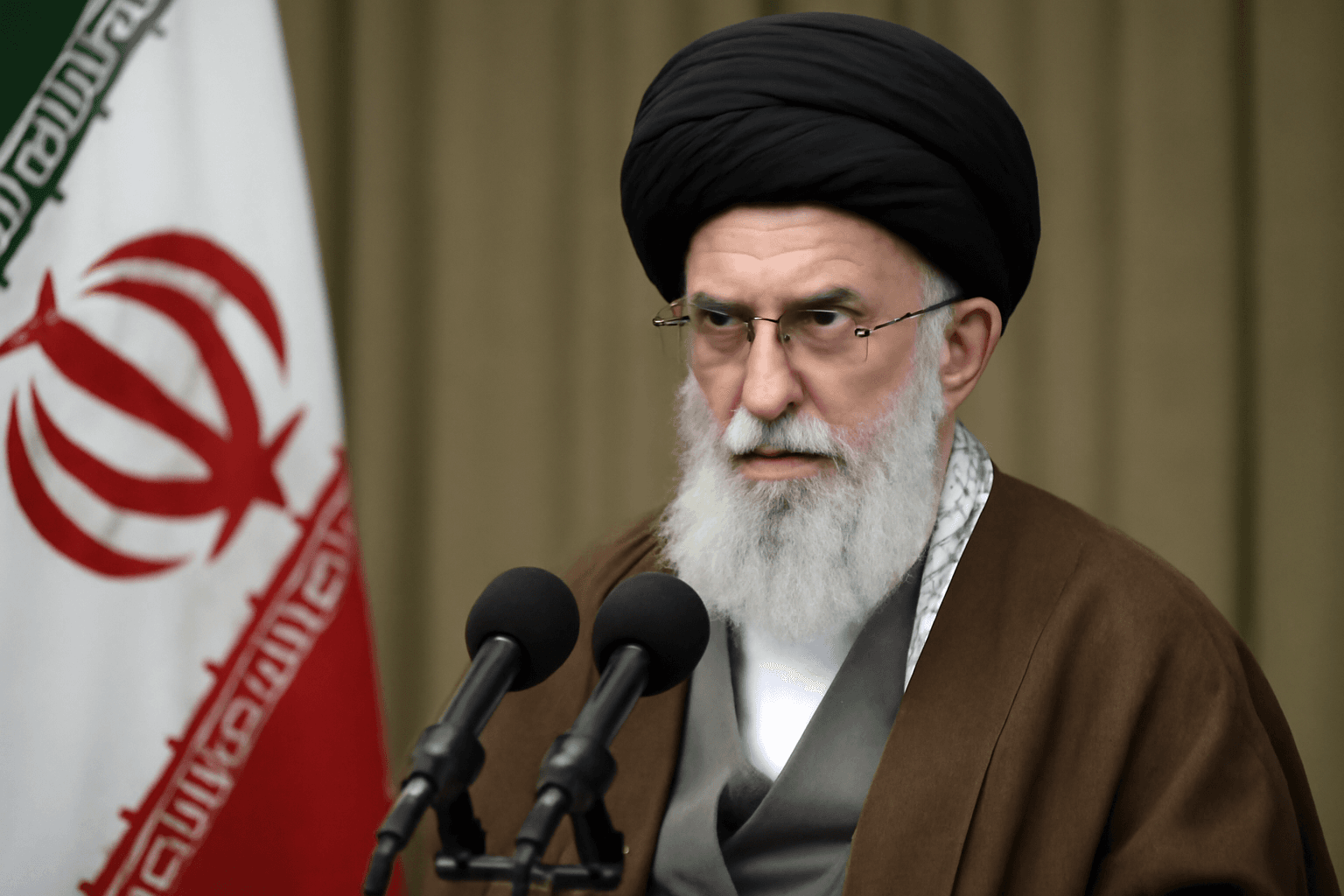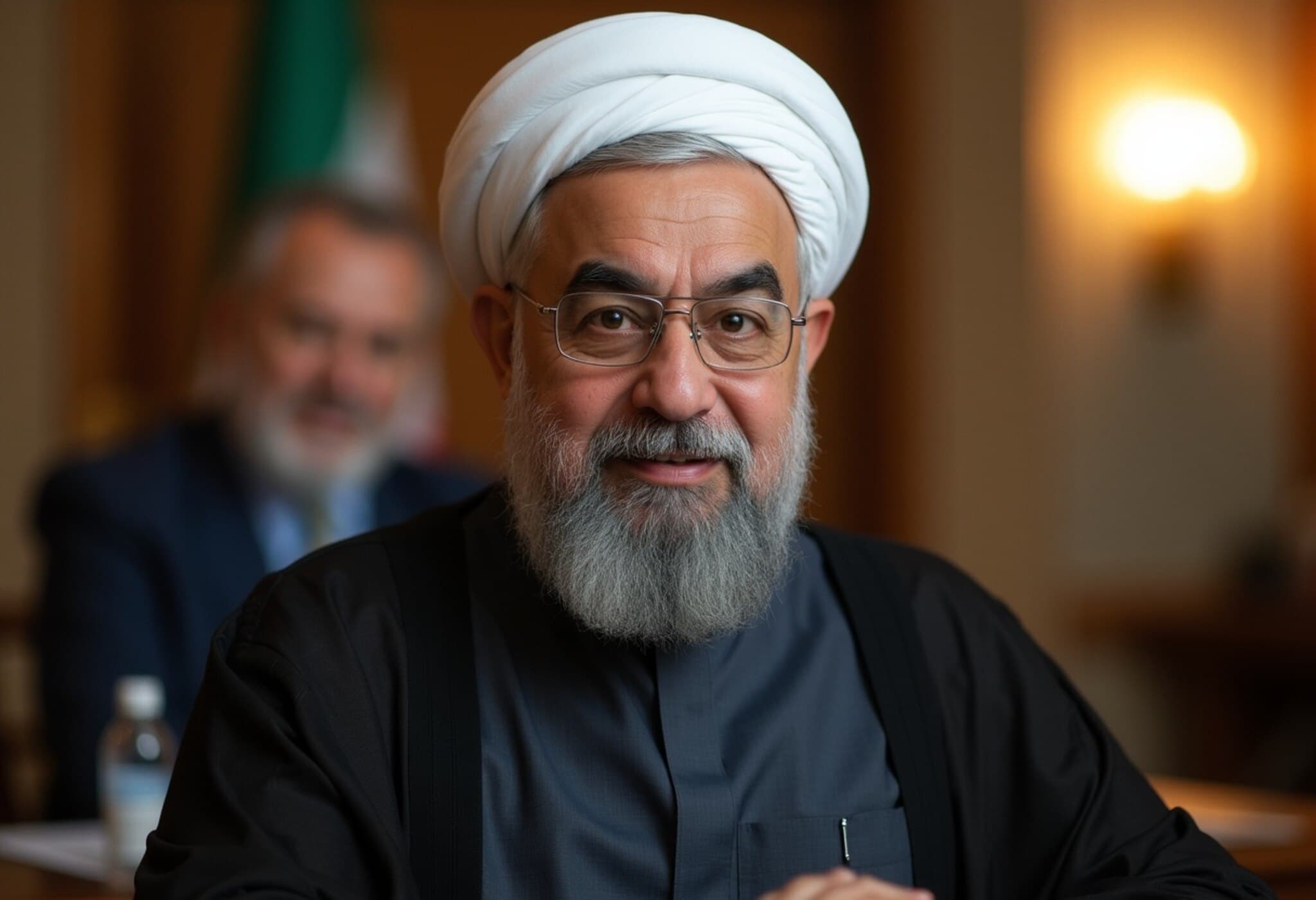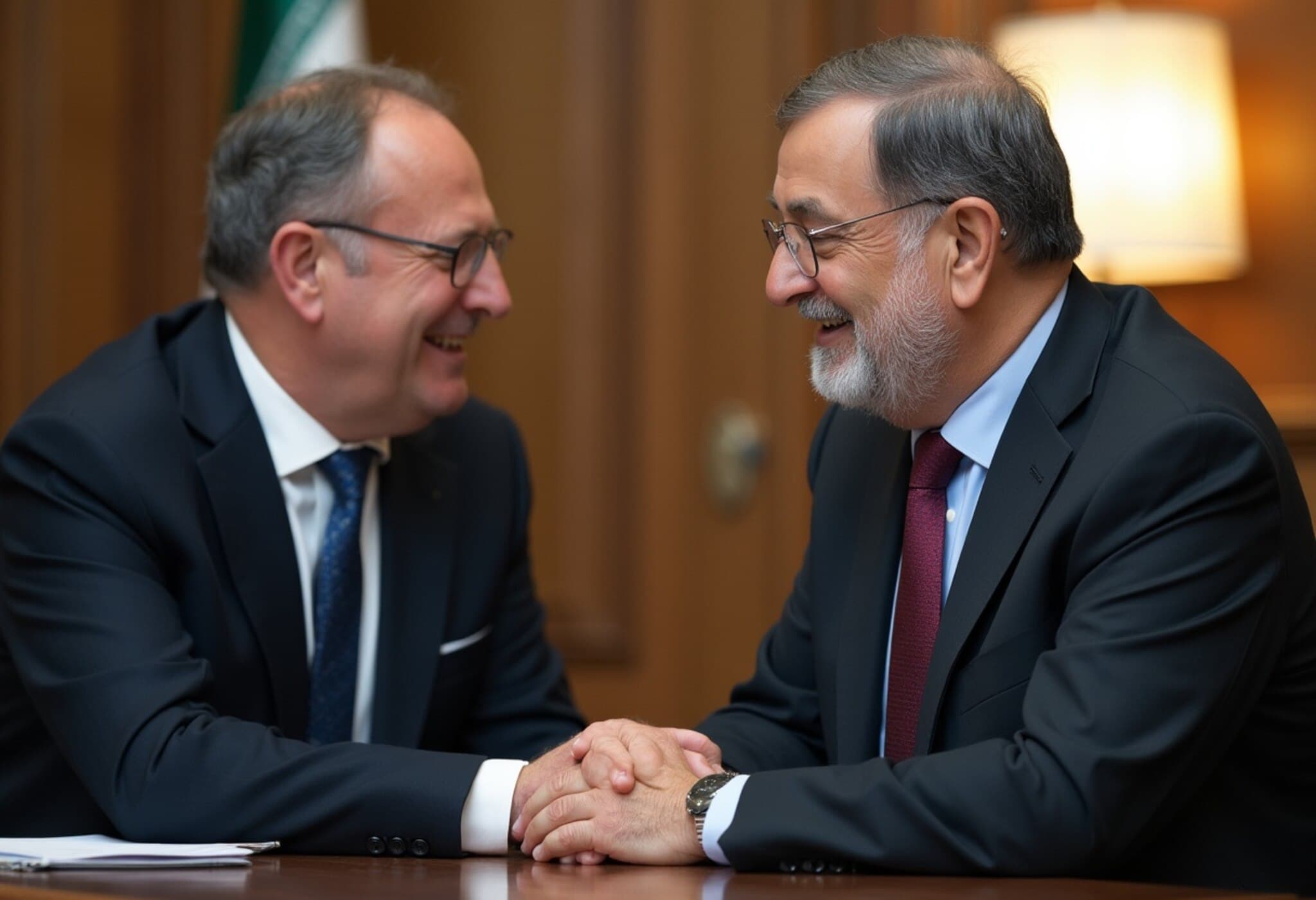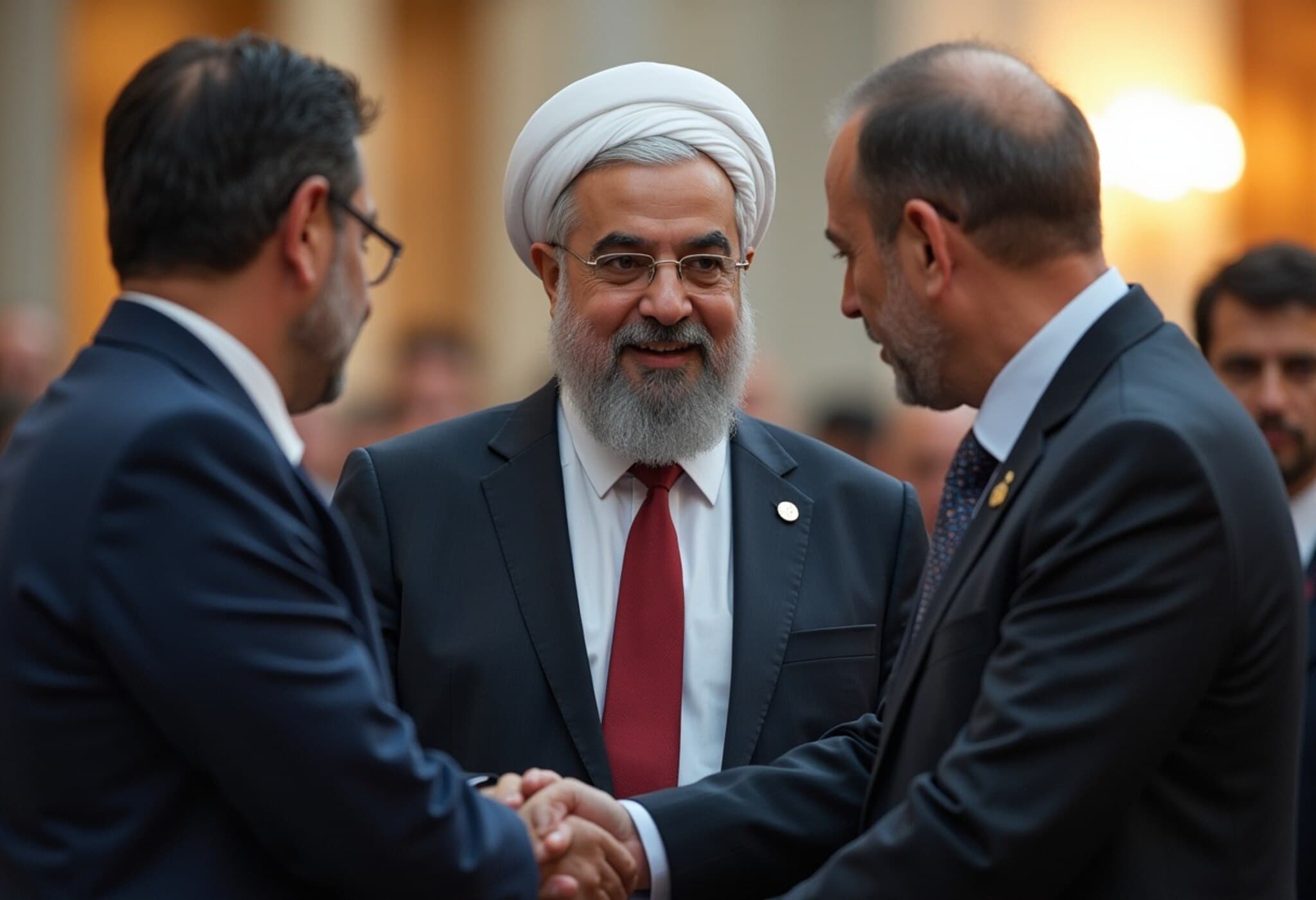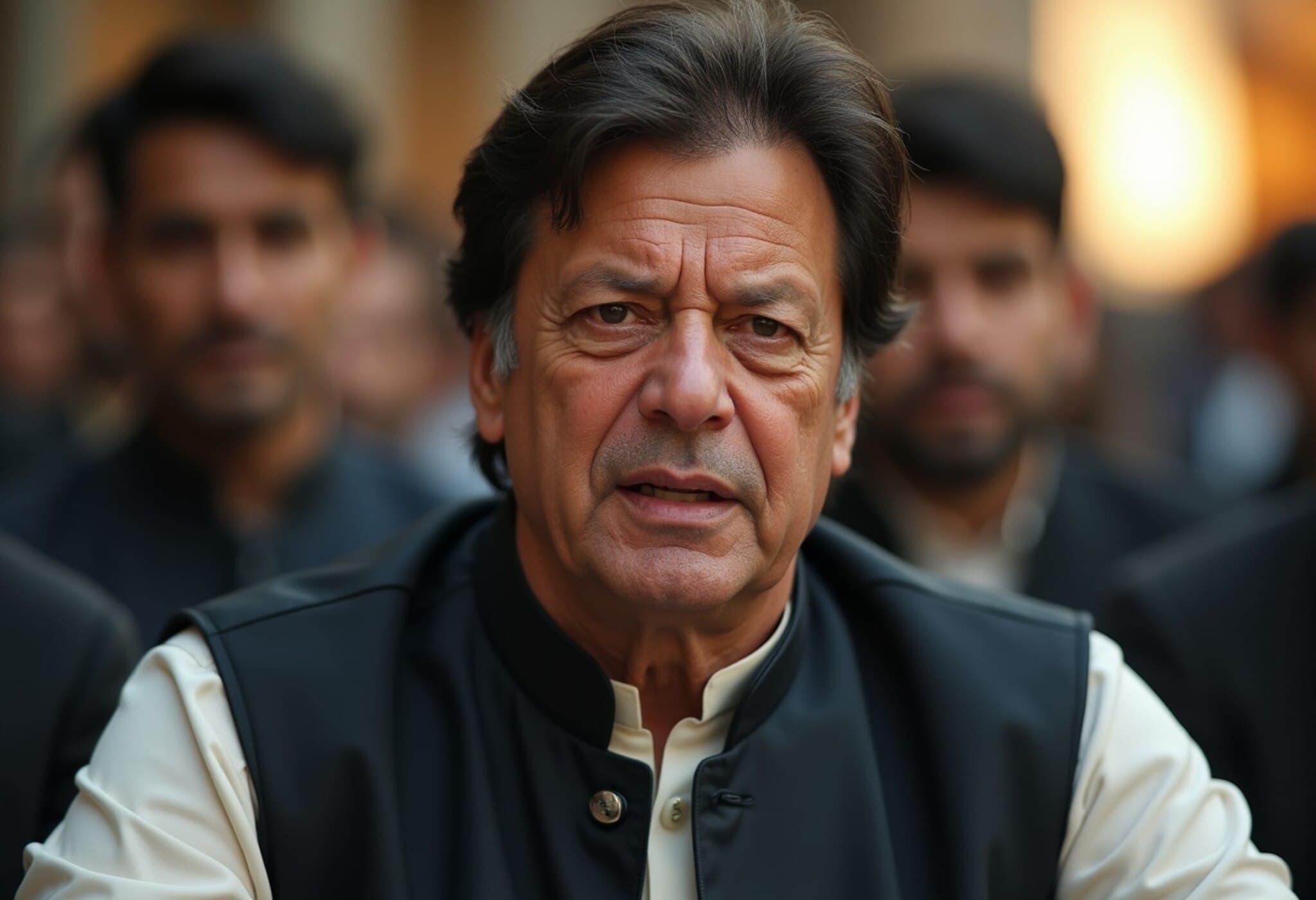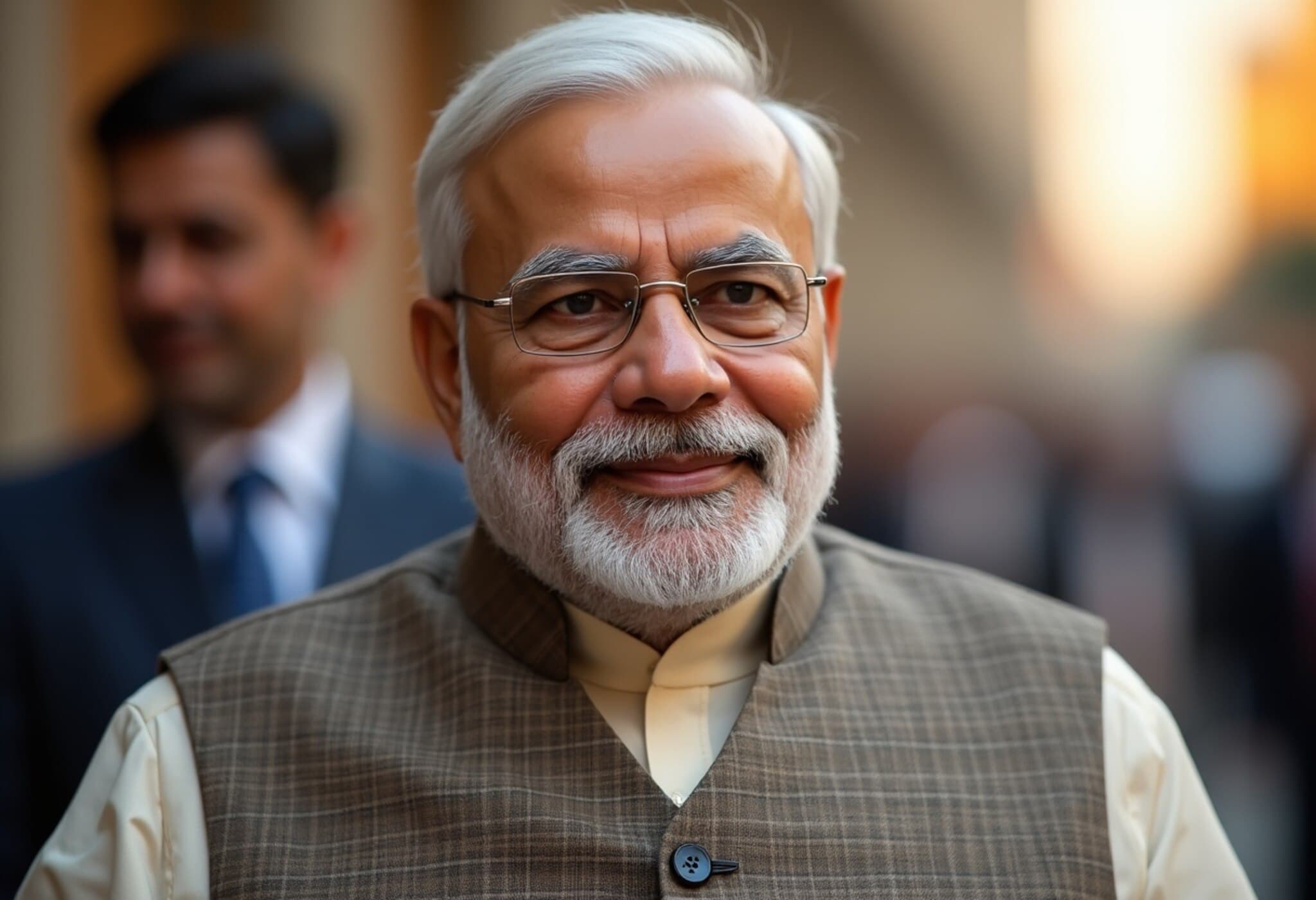Iran Conditions Nuclear Dialogue on Trust Rebuilding by the US
In a significant diplomatic gesture, Iran has expressed openness to resuming nuclear negotiations with the United States—but with a critical caveat: Washington must first work to restore Tehran’s trust. This announcement comes amid heightened tensions following a recent 12-day conflict involving Israeli forces and the bombing of Iranian nuclear facilities by US B-52 bombers.
Context Ahead of Crucial EU-Led Nuclear Talks
The announcement precedes a pivotal meeting in Istanbul where Iranian officials will join European representatives—including diplomats from Britain, France, Germany (the E3 nations), and European Union foreign policy chief Kaja Kallas—to discuss the future of Iran’s nuclear program. These talks mark the first such gathering since the fragile ceasefire that halted the June hostilities.
Key Preconditions Outlined by Tehran
Iran’s Deputy Foreign Minister Kazem Gharibabadi publicly emphasized that any negotiations require a genuine rebuilding of trust, stating, "Iran has absolutely no trust in the United States." He underscored that no hidden agendas—particularly military actions—would be tolerated, though Iran remains prepared for any scenario.
Tehran also demands that the US acknowledges Iran’s inalienable rights under the Nuclear Non-Proliferation Treaty (NPT), specifically the right to enrich uranium based on its peaceful and legitimate needs. Moreover, Iran insists on lifting severe US sanctions imposed after America’s 2018 withdrawal from the 2015 Joint Comprehensive Plan of Action (JCPOA).
Iran’s Firm Stance on Uranium Enrichment
Iran’s Foreign Minister Abbas Araghchi reiterated the country’s determination to continue enriching uranium, a critical point of contention, given enrichment levels previously reached 60% purity—close to weapons-grade material. Araghchi conveyed in a televised address that the Iranian people’s right to uranium enrichment will not be compromised despite international pressure.
He also stressed Iran’s willingness to pursue nuclear advancements within a framework of reason and logic, committed to peaceful objectives but resolute in protecting national sovereignty and rights.
High-Stakes Diplomacy Amidst Fragile Regional Stability
European powers have hinted at reviving the “snapback” sanctions mechanism from the 2015 JCPOA if Iran continues breaches perceived as undermining the agreement. However, Tehran warns this could provoke a withdrawal from key non-proliferation pacts, risking further destabilization.
Adding to diplomatic tensions, Iranian officials condemned European nations for what they perceive as double standards—criticizing their failure to curb Israeli military actions against Iran’s nuclear infrastructure while pressing Tehran on its nuclear ambitions.
Lingering Impact of June’s Israel-Iran Conflict
The aftermath of the recent conflict is severe, with at least 13 Iranian nuclear scientists reportedly killed. Damage assessments to Iran’s nuclear facilities remain undisclosed, yet Iranian authorities express confidence in a resilient nuclear industry, with officials stating that their nuclear program has deep institutional roots that attacks cannot uproot.
Meanwhile, Iran has suspended cooperation with the International Atomic Energy Agency (IAEA), complicating monitoring efforts and raising alarms among global observers concerned about nuclear proliferation risks.
Looking Ahead: Uncertain Prospects for Peaceful Resolution
The path forward remains fraught with challenges. European diplomats express urgency to avoid renewed conflict and emphasize the narrow window to negotiate a mutually acceptable framework. Iran, meanwhile, asserts that its nuclear advancements are sovereign rights, seeking respect rather than coercion in future negotiations.
Expert Analysis: Navigating Trust and Security in US-Iran Relations
From an American policy perspective, Iran’s demand for trust restoration is pivotal yet complex. After years of sanctions, withdrawals, and covert tensions, rebuilding confidence requires persistent diplomatic engagement and tangible incentives. The balance between preventing nuclear weapons development and respecting Iran’s legal rights under the NPT remains a tightrope walk, with regional security dynamics—especially Israel’s strategic concerns—adding layers of difficulty.
Moreover, Iran’s explicit readiness to enrich uranium further alarms policymakers wary of proliferation. However, recognizing this conduct within a negotiated, verifiable framework could open pathways to de-escalation. Ignoring Tehran’s stance risks perpetuating cycles of conflict that reverberate across the volatile Middle East.
Editorial Note
The upcoming Istanbul talks symbolize a crucial crossroads: will diplomacy prevail in bridging decades of mistrust, or will entrenched skepticism and regional rivalries propel the world closer to confrontation? Understanding Iran’s emphasis on equitable treatment and respect is essential to forging any lasting agreement. Meanwhile, the international community must grapple with balancing non-proliferation imperatives against sovereign rights—and the human costs simmering beneath geopolitical posturing.
Key Questions for Readers
- Can the United States and Iran rebuild sufficient trust to enable substantive nuclear negotiations?
- What role should European powers play in mediating and enforcing diplomatic agreements?
- How might renewed sanctions or military actions affect regional stability and global security?
- What safeguards are necessary to ensure Iran’s nuclear program remains peaceful while protecting against proliferation risks?

